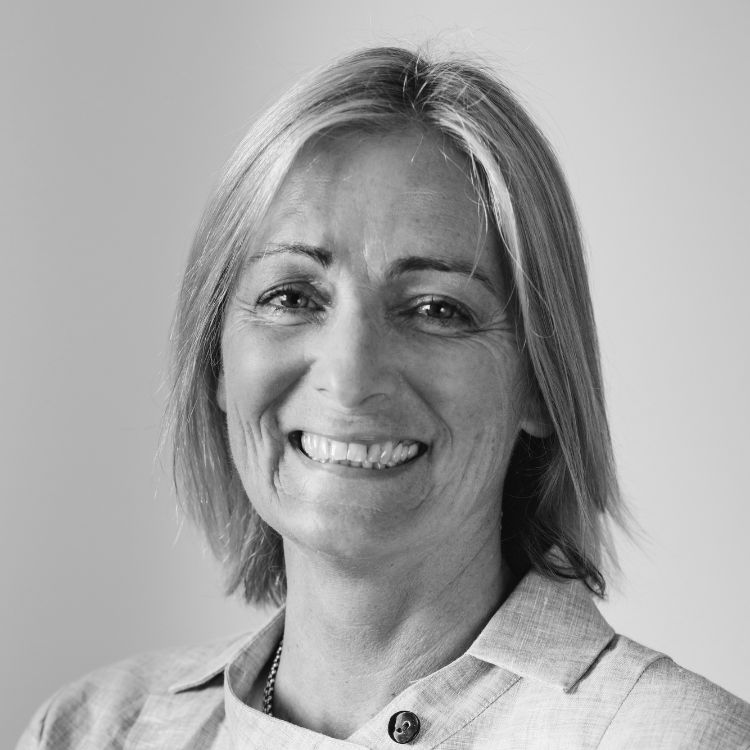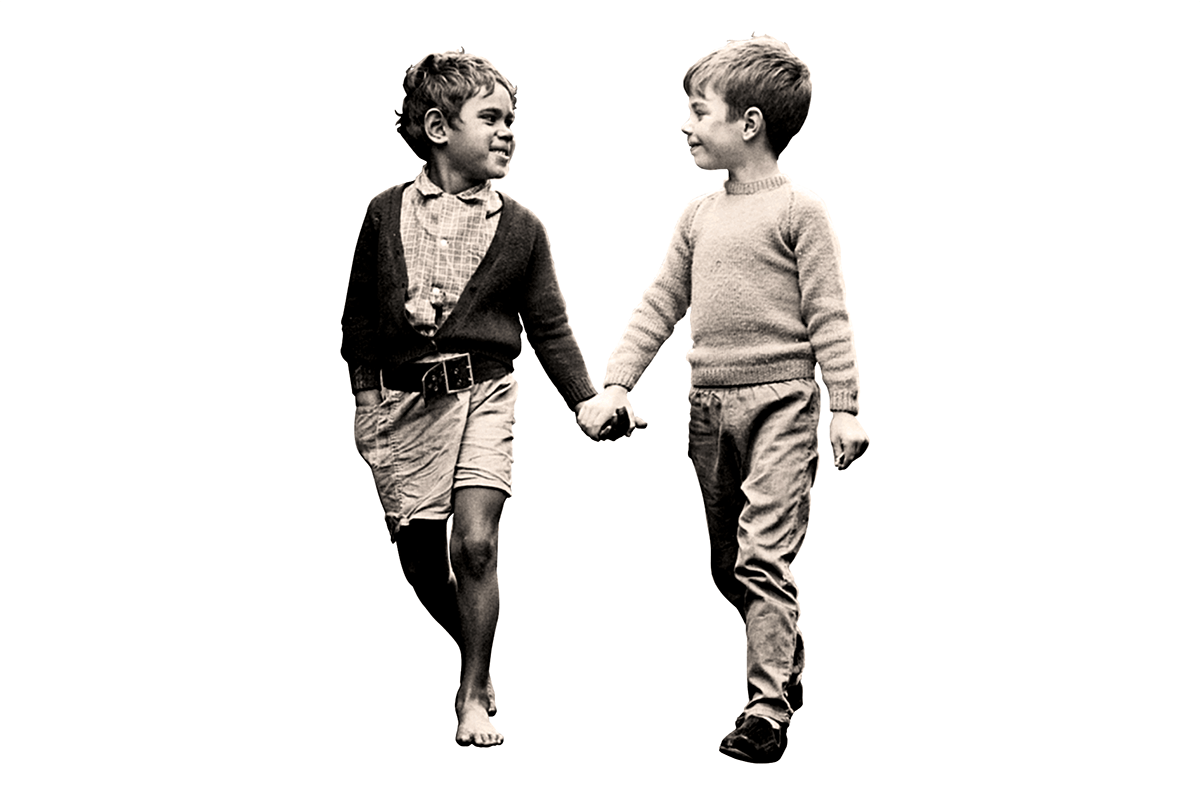If those who most resist change typically have the most to lose, then I’m wondering what it is that ‘No’ voters stand to lose?
I listen to the news over Easter and hear that King Charles has given his support for research into the British monarchy’s (aka his own family’s) links to slavery. I read that under the UN Declaration of Rights of Indigenous Peoples, Indigenous peoples have a right to participate in government decision-making in matters that affect their rights, through their own political institutions. A few weeks earlier I’m awed as I scramble across the Canal Rocks on country in South West WA. I visit Berlin in 2017 and am struck by the enlivened reminders of an unspeakable past.
Nearby where I live in Melbourne (Naarm) are the bright young indigenous school students from MITS. I see the mercurial indigenous footballers blindside their opponents. In our executive search practice, we’re increasingly asked to identify and approach professionals with indigenous heritage for executive and board roles. Every single time when I speak with one person from this tiny minority I’m daunted by their use of language, their comfort in settling into silences to consider what’s been spoken.
But, within my own wide circle of family and friends there’s only one who has indigenous heritage. I travel for work and pleasure, I eat out in decent joints, walk, entertain, enjoy holidays away from home, go to the cinema, galleries, and major events. And yet rarely do I rub shoulders with my Indigenous country men and women.
The professional classes are privileged and I don’t see a lot of privileged First Nations folk. Non-indigenous friends and foes, what is it that we think we might lose?
I’ve recently finished a Masters degree and my fellow students, most half my age or younger, quailed at many of the beliefs held by older generations and their hold on power and influence. That despair was reinforced this month when our Federal Opposition Leader decreed his party would not affirm the ‘Yes’ vote for A Voice to Parliament. Nonetheless, today, with all but one State and our Federal government led by Labor, I am interested in seeing the vestiges of the Liberal Party rebuilt; good Government requires good Opposition, so HOW ON EARTH DID IT COME TO ‘NO’?
Why do I care?
I care about enshrined recognition of Indigenous Australians, and for the wisdom they can bring to our future. As well, a ‘Yes’ vote is an important nod of respect. It won’t be the end of the world as we know it. Rather, it addresses our recent centuries’ vacuum of acknowledgement that there were First Nations Peoples before colonisation. This isn’t touched on in our current Constitution.
It bears repeating, those who most resist change typically have the most to lose. I’m still left wondering what it is that is so precious that we, non-indigenous Australian might lose that this is a step too far? I’m perhaps being assumptive even making this reflection or holding an opinion. I trust the Elders who have put so many years of talking and thinking and drafting The Voice. Did our European forebears consult with First Nations leaders when drafting the Constitution?
I’m voting Yes out of respect and acknowledgement of past wrongdoings and I hope it brings us one step closer to building unity and togetherness for the future.
POST SCRIPT
Imagine it’s April 2273, a short 250 years from now. Family records and stories passed through generations tell of a time when people celebrated religious holidays, ate European foods, honoured their fallen soldiers, laughed at the broad vernacular of a ‘she’ll be right culture’, owned property, travelled without restraint and took freedom of speech and worship for granted. Our descendants’ prior occupation of the country isn’t recognised under the new ‘owners’ of this nation once called Australia, and they’re struggling to hold together their families’ heritage. All they want is some recognition by the government of the day, to acknowledge that their forebears walked the land and worked the cities, that they have some contribution to make regarding what’s important to them and to give them a Voice. Would it be too much to be consulted on matters that affect them?
Sound familiar?

Anita is the Executive Director of Slade Group, and a member of the advisory board. In a career spanning roles working in government, not-for-profit, public company and the SME sector, Anita has a broad view of the landscape of Australians at work. Committed to making a difference in her professional and personal life, Anita is a Director of the Wheeler Centre for Books, Writing & Ideas, previous Chair of Melbourne Girls Grammar School, and a Non Executive Director of online men’s’ lifestyle publisher Boss Hunting.

